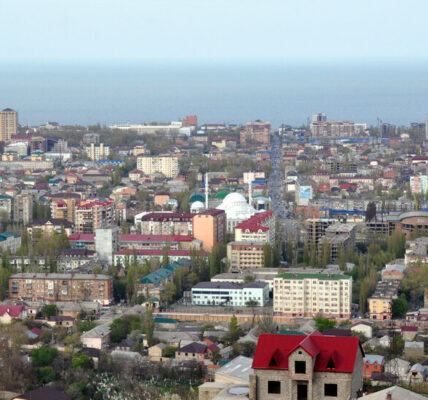But Mr. Netanyahu is widely seen both at home and abroad as concerned that an end to the conflict could lead to the collapse of his government — especially in light of investigations into how Israel ignored evidence that Hamas was preparing for the attack on Oct. 7 that killed about 1,200 people, according to Israeli officials, and how slowly Israel’s defense forces responded.
Adding to international calls for a cease-fire, President Emmanuel Macron of France expressed his support for the plan outlined by Mr. Biden in a phone call with Mr. Netanyahu on Tuesday, Mr. Macron’s office said.
During the call, Mr. Macron told the Israeli leader that he “had reiterated his appeal to Hamas, whose responsibility is overwhelming, to accept this agreement,” Mr. Macron’s office said.
For the families of some hostages still held in Gaza, the wait for a deal is anguishing. Some described a vicious cycle of hopes raised — then dashed.
“It’s incredibly frustrating to have this yo-yo experience once again,” said Lee Siegel, the brother of Keith Siegel, a 65-year-old Israeli-American hostage. “Every day that goes by, it becomes exponentially more difficult to continue with hope.”
Mr. Siegel said he was particularly fearful for his brother because he was found last year to have high blood pressure.
“His absence weighs on us every minute, every hour, every day,” he said. “Each day he isn’t here could be his last day.”
On Monday, the Israeli Army announced that it had concluded that four hostages had died in the Khan Younis area months ago. The announcement gave fresh urgency to pleas from some families for a deal to bring their relatives home.
Some say that they have lost hope that demonstrations in Israel will move Mr. Netanyahu closer to a deal and that they believe only unrelenting American pressure will make a difference.
“The United States should not leave Netanyahu for a second until he signs on to an agreement — not a second,” said Gilad Korngold, the father of Tal Shoham, a 39-year-old hostage from northern Israel.




